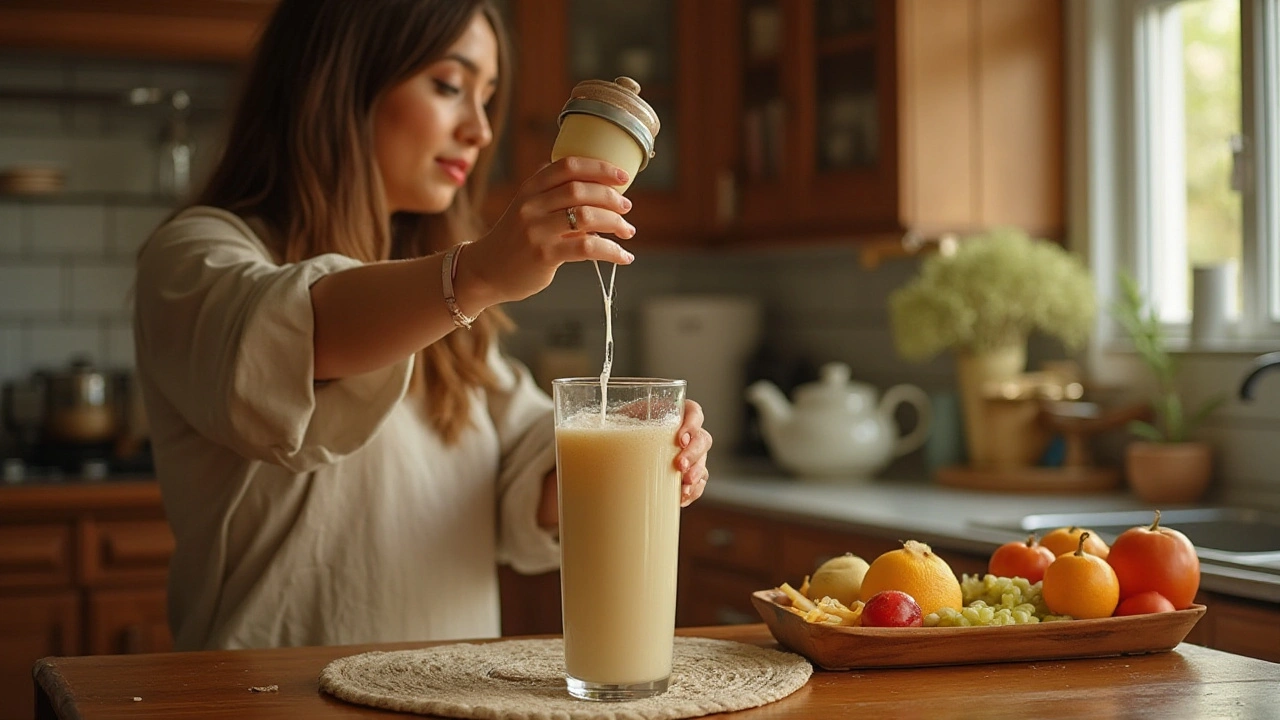Coconut Oil Uses: Simple, Practical Ways to Use It
Coconut oil shows up everywhere — in the kitchen, your bathroom cabinet, and cleaning hacks. People either swear by it or warn against it. Here are clear, practical ways to use coconut oil, how to pick the right type, and simple safety tips so you get results without surprises.
Cooking and food
Use refined coconut oil for high-heat cooking because it has a higher smoke point than virgin. Use virgin (extra‑virgin or unrefined) coconut oil for low‑heat cooking, baking, or adding a mild coconut aroma. Remember coconut oil is high in saturated fat, so treat it like butter: small amounts add flavor and texture, but don’t overdo it if you watch your cholesterol. A tablespoon or two for sautéing or baking is enough in most recipes.
Skin and beauty
For dry skin, apply a pea‑sized amount to damp skin after showering. It locks in moisture and can smooth rough patches on elbows and heels. Use it as a simple makeup remover: warm a small amount in your palms, massage gently, then wipe off with a soft cloth and rinse. Avoid using coconut oil on acne‑prone or very oily skin — it can clog pores for some people. For lips and cuticles, a dab works well as a short‑term fix.
For hair, warm a tablespoon between your hands and run it through damp ends to tame frizz or use a heavier mask: warm two tablespoons, apply from mid‑length to ends, leave 20–30 minutes, then shampoo twice. If your scalp is oily or you have fine hair, skip heavy masks — they can weigh hair down.
Some people try oil pulling for oral care. If you try it, swish one tablespoon of oil for 5–10 minutes, then spit and rinse well. Don’t swallow the oil. Evidence is mixed, so use it as a supplement to brushing, not a replacement.
Household and other uses: coconut oil can polish wood, lubricate sticky zippers, or soften leather. Use sparingly; rub a small amount into the surface and buff with a soft cloth. It also helps remove sticky labels: apply, wait a few minutes, then rub the residue off.
How to choose and store: pick cold‑pressed, organic virgin coconut oil for beauty uses, and refined if you need a neutral taste for cooking. Store in a cool, dark place. Coconut oil solidifies under about 76°F (24°C) — that’s normal. To liquefy, warm the jar in a bowl of hot water; don’t microwave in plastic.
Quick cautions: test on a small patch of skin before widespread use to avoid reactions. If you have heart disease risk factors, talk to your doctor about saturated fat intake. Don’t use coconut oil for baby massage without checking with a pediatrician first.
Try one small change this week: replace your usual hair mask or night lip balm with a tiny amount of coconut oil and watch how your skin or hair responds.
Myth: coconut oil won't cure serious skin disease; use it as support, not replacement. Stop if irritation occurs and see your healthcare provider immediately.

The Health Benefits of Coconut Oil: Unlocking the Secrets to Enhanced Well-Being
Discover the science behind coconut oil and how this dietary supplement can significantly improve your well-being. This article explores its nutritional profile, health benefits, practical uses, and tips for incorporating it into your daily routine for optimal results. Unveil the secrets of this natural oil and how it can be a game-changer for your health.
